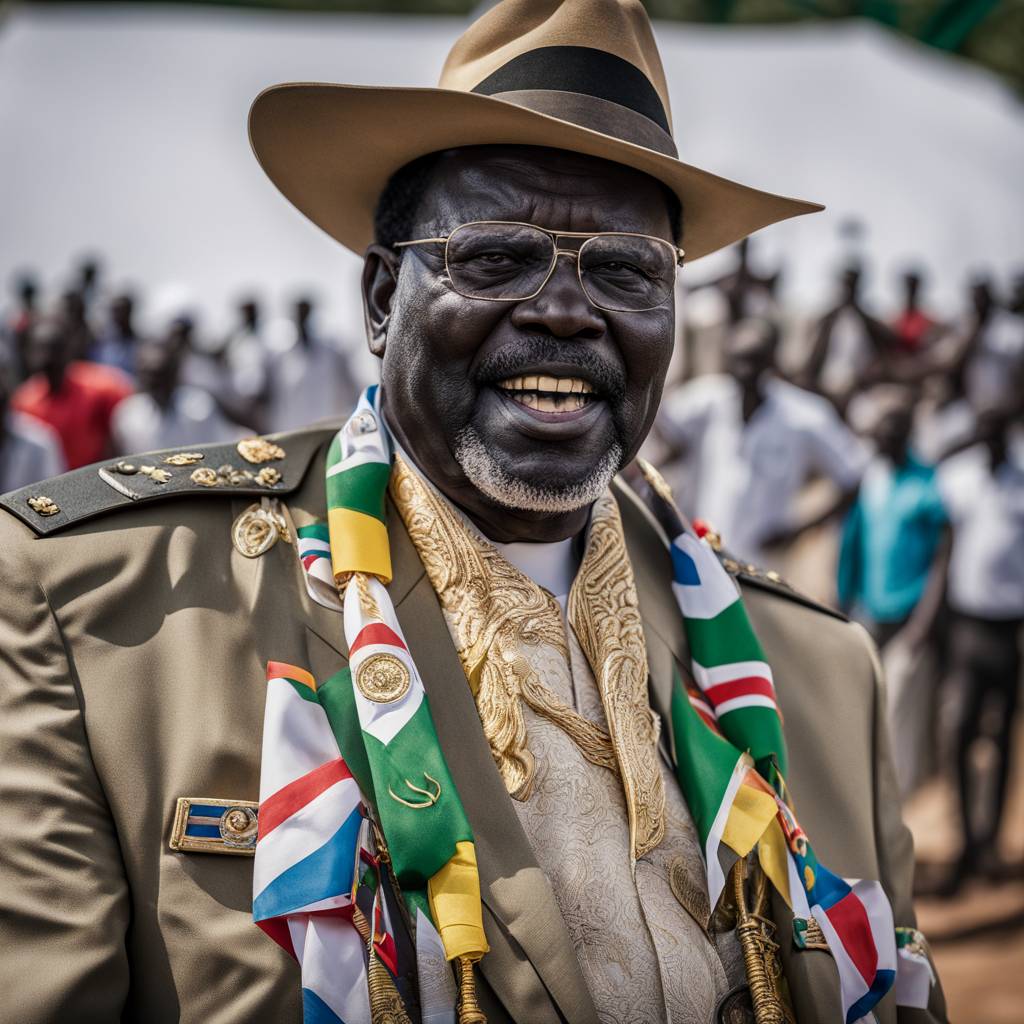President Salva Kiir of South Sudan has warned lawmakers against clinging to power and advocated for holding elections in December, rather than extending the period of transition. Previously scheduled elections were pushed back to December 2024 due to various challenges. Vice President Riek Machar, who fought in a civil war that ended in 2018, suggested extending the transitional government’s term for adequate election preparation. The country is facing economic issues stemming from a decline in oil exports and the recent declaration of force majeure on oil shipments through Sudan. This has led to a dire situation where civil servants and security forces have not been paid for six months.
In order to ensure successful elections, South Sudan is working towards developing a permanent constitution, establishing an electoral commission, and creating a unified police force from pro-government and rebel factions. Despite ongoing communal violence in certain areas, the United Nations has extended its peacekeeping mission in the country and called for an end to violence. The government is urged to make swift progress in order to hold peaceful and free elections in December. Kiir emphasized the importance of allowing citizens to choose their leaders through a democratic process and called on parliament to pass necessary laws for the elections to proceed.
The economic crisis in South Sudan has been exacerbated by the recent conflicts in Sudan, which have disrupted oil shipments passing through the country. As a result, the government has struggled to pay civil servants and security forces, leading to further challenges. Parliament Speaker Jemma Nunu Kumba has expressed commitment to ensuring that all requirements for holding elections are fulfilled, despite the various obstacles faced by the country. The need for stability and peace in the region is crucial for the successful organization of elections and the transition to a more democratic system of governance.
The current situation in South Sudan highlights the complex challenges facing the country as it navigates the transition to a more stable and democratic government. The impact of economic crises and external conflicts on the country’s ability to hold elections and provide basic services to its citizens is evident. As the government works to address these issues and prepare for elections, the support of the international community, including the United Nations, is essential in ensuring a peaceful and inclusive electoral process. With continued effort and collaboration, South Sudan may be able to overcome these challenges and move towards a more prosperous and stable future for its people.













